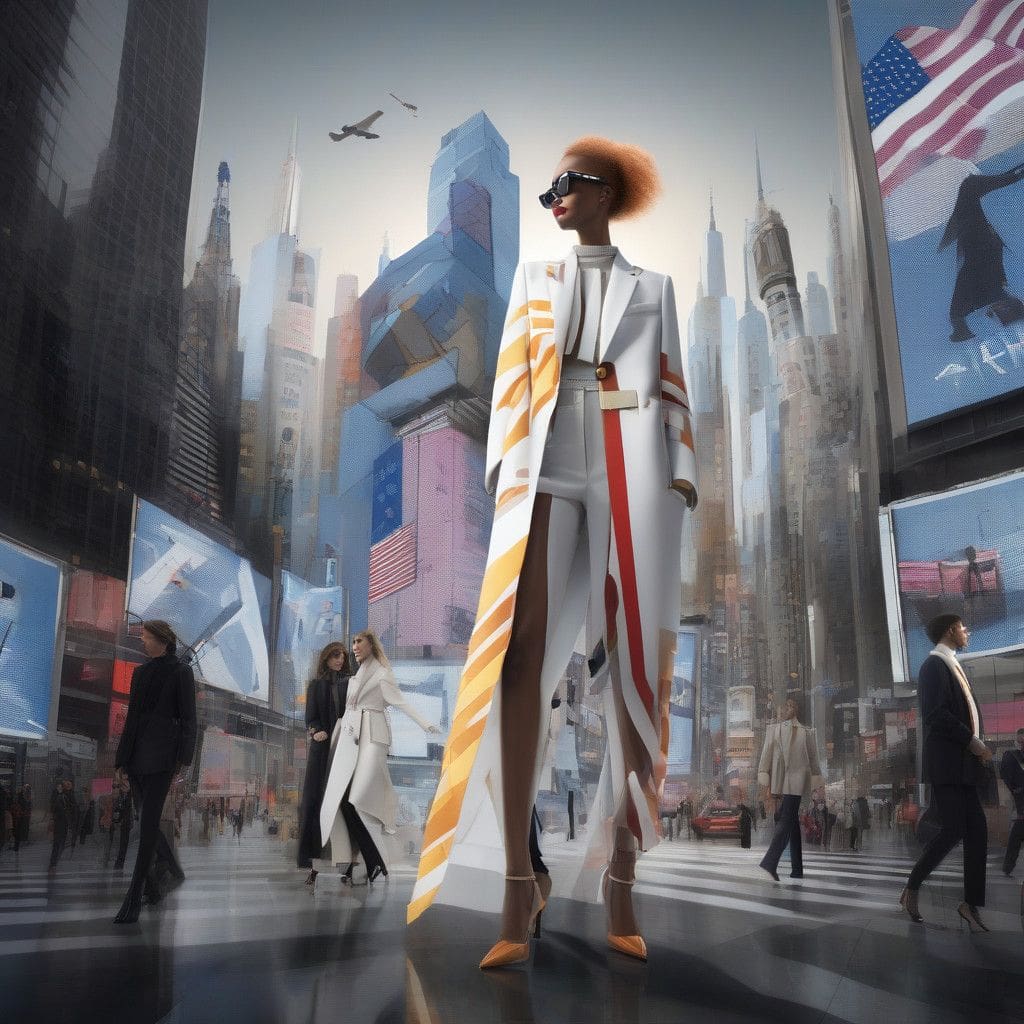Donald Trump’s return to the White House brings uncertainty to the technology landscape, particularly as it pertains to the fashion industry. With his previous presidency characterized by unpredictable technological policies, the implications for brands could be profound. From social media regulations to artificial intelligence (AI) and cryptocurrency, the decisions made under Trump’s administration will likely shape how fashion businesses engage with customers and innovate in the marketplace.
One of the most pressing issues is the future of TikTok, a platform that has become integral to fashion marketing strategies. In April, President Joe Biden enacted legislation giving TikTok’s parent company, ByteDance, 270 days to divest its ownership or face a ban in the U.S. As Trump prepares for his presidency, the timeline for TikTok’s fate could coincide with his inauguration. The uncertainties surrounding the legal battles could delay any potential ban, but Trump’s comments indicate he may take an unexpected approach. While he previously advocated for a ban, recent statements suggest he might prefer to keep TikTok operational, perhaps as a way to thwart competition for Facebook, a platform he has criticized.
If TikTok were to be banned, fashion brands would face challenges in connecting with younger audiences. Many brands rely on TikTok for direct marketing and brand awareness, making alternative avenues for outreach urgent. While platforms like Instagram and Facebook exist, none currently match TikTok’s unique blend of virality and engagement. Hence, the fashion industry would need to innovate quickly to find other effective marketing strategies.
Social media moderation is another area where Trump’s policies could have significant ramifications. Section 230 of the Communications Decency Act protects platforms from liability for user-generated content. Trump and many of his allies have long criticized this provision, claiming it enables bias against conservative viewpoints. Should Section 230 be repealed or modified, social media companies may increase their content moderation practices, impacting how brands advertise and interact with their consumers. An environment with either exaggerated moderation or reduced accountability could force brands to navigate a more complex landscape regarding their public image.
As discussions on AI regulation continue to evolve, Trump’s perspective seems geared toward deregulation, aiming to position the U.S. as a leader in AI. Under the Biden administration, there has been an emphasis on regulatory oversight, particularly regarding safety and ethical concerns in AI applications. Trump’s approach, however, could result in fewer restrictions, potentially accelerating innovations such as AI-driven fashion design tools and personalized marketing strategies. However, the flipside could be a race to the bottom on ethical practices, where fast, unchecked innovation might come at the cost of well-considered practices.
In a scenario where AI technologies become more accessible without extensive regulatory obstacles, fashion brands could experience a shift in production efficiency. For instance, AI might allow for improved demand forecasting, better customer engagement strategies, and enhanced supply chain management. If companies can harness AI effectively, the fashion landscape might shift dramatically, reshaping everything from design to retail approaches.
Finally, Trump’s pro-cryptocurrency stance presents further avenues for the fashion sector. While there was significant interest in cryptocurrency within the fashion industry prior to market volatility in late 2022, many brands have since adopted a wait-and-see approach regarding digital currencies. If Trump follows through on his promise to create a supportive regulatory environment for cryptocurrencies, brands might reinvest in the potential for blockchain technology. This could include leveraging cryptocurrencies for exclusive product launches or integrating secure transactions into e-commerce platforms, providing innovative payment options that appeal to tech-savvy consumers.
In summary, Trump’s policies could create both opportunities and challenges for the fashion industry. The uncertain fate of TikTok and the moderation of social media content could disrupt connectivity with consumers, while the potential deregulation of AI may foster innovation. Cryptocurrency’s re-emergence could offer new revenue opportunities, but it invites caution given the market’s volatility. For brands, navigating these changes will require agility, foresight, and a proactive approach to the evolving technological landscape.












